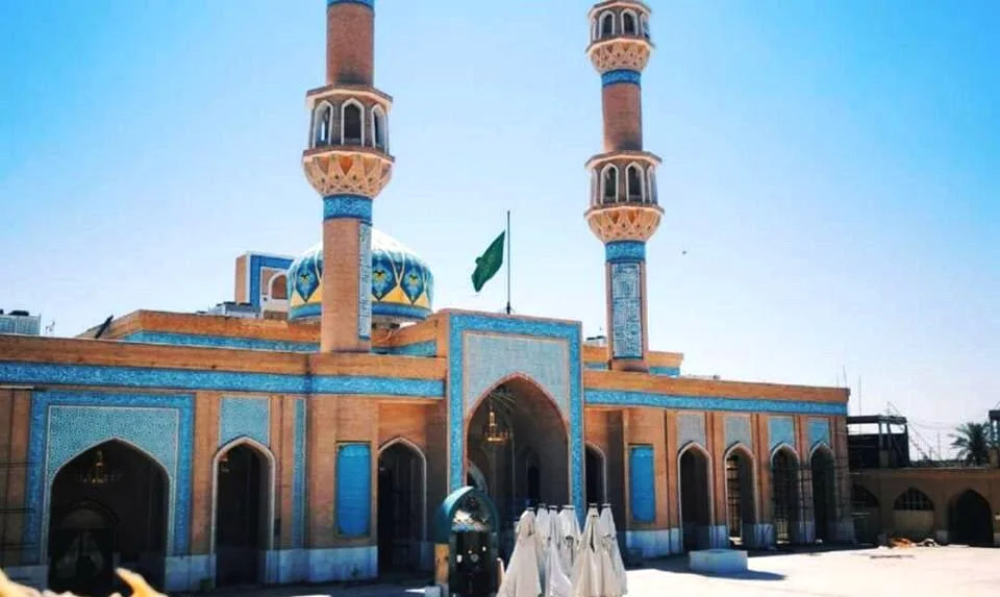

The history of tourism in Najaf, particularly at the venerable Al Sahlah Mosque, resonates heavily with religious significance. Over the years, the mosque has become an eminent destination for pilgrimages by Shia Muslims from around the world. As a site believed to be where Imam Mahdi, the Twelfth Imam, is said to occasionally pray, it has drawn spiritual visitors for centuries.
Dating back to its construction, which according to some sources occurred during the era of the Holy Prophet Muhammad, Al Sahlah Mosque has always been associated with religious and spiritual importance. Over the subsequent Islamic periods, it continued to serve as a beacon of faith, drawing numerous visitors and pilgrims not just from Iraq but from across the Islamic world.
However, it wasn't until recent decades that a concerted effort to promote tourism – both religious and cultural – in Najaf truly began. The Iraqi government, recognizing the potential of tourism as a catalyst for economic growth and international diplomacy, has gradually been investing in infrastructure and facilities to boost the number of visitors to holy sites such as Al Sahlah Mosque.
In recent years, there has been a notable trend towards facilitated group travels and package tours to sacred sites in Najaf. Travel agencies have specialized in religious tourism, offering comprehensive itineraries that include visits to Al Sahlah Mosque among other historic and holy places in the city.
Furthermore, the introduction of modern technology has played a major role in reshaping the tourism scene. Virtual tours and online information guides have made it easier for potential visitors to explore Al Sahlah Mosque and other attractions before their journey. Additionally, the rise of social media has allowed for greater visibility and connectivity, enabling a younger audience to gain awareness of Najaf's religious significance.
This new era of tourism is characterized by increased cultural exchanges. The visitors to Al Sahlah Mosque no longer come exclusively for religious purposes, but also to appreciate the rich history and cultural heritage of Najaf. Through tourism, there is a budding appreciation for the peaceful coexistence and understanding of different cultural identities and religious backgrounds.
Despite its potential, tourism in Najaf and to Al Sahlah Mosque has faced challenges, notably due to political instability and regional conflicts. Nevertheless, with the improvement of security conditions and the Iraqi government's commitment to reconstruction and promotion of tourism, the future looks more promising for the city's tourism sector.
As renovations and improvements continue, along with Iraq's efforts to highlight its historical and religious treasures, Al Sahlah Mosque is expected to maintain its reputation as a profound pilgrimage destination and a testament to the spiritual heart of Najaf.